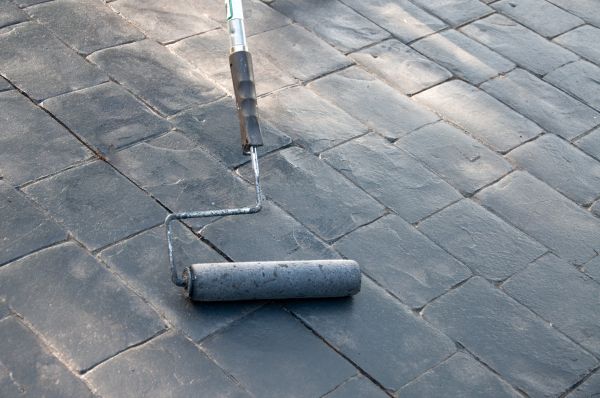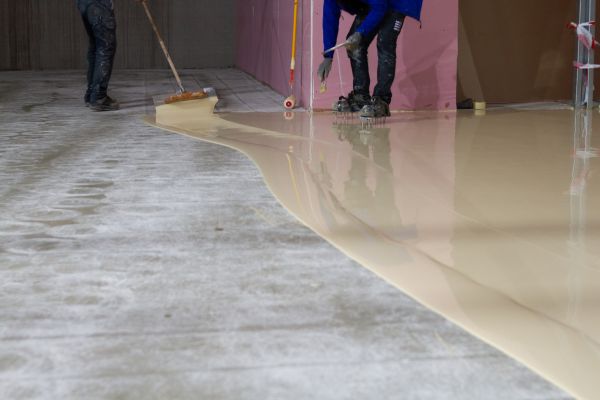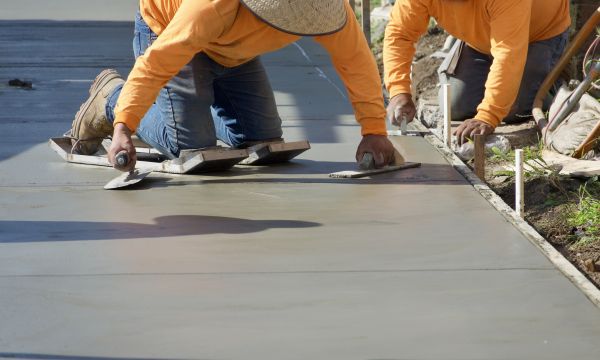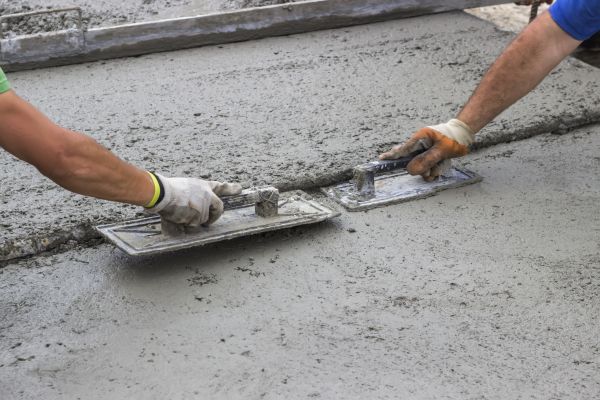Concrete Sealing Service
Affordable Concrete Sealing
Concrete sealing is a crucial process that involves applying a protective layer to concrete surfaces to enhance their durability and appearance. This process not only helps in preserving the aesthetic appeal of the concrete but also significantly extends its lifespan. By sealing concrete, the surface becomes resistant to stains, moisture, and harsh weather conditions, which can cause wear and tear over time. This is particularly important for outdoor concrete surfaces, such as driveways, patios, and sidewalks, which are constantly exposed to the elements. Sealing concrete is an investment that pays off by maintaining the integrity and beauty of the surface, ultimately saving on costly repairs and replacements in the long run.
Benefits of Concrete Sealing
-
Enhanced Durability
Concrete sealing adds a protective barrier that shields the surface from damage caused by water, chemicals, and other environmental factors. This increased durability means that the concrete can withstand heavy use and harsh conditions without deteriorating, ensuring a longer-lasting surface. -
Stain Resistance
A sealed concrete surface is less prone to absorbing stains from oil, grease, and other substances. This makes it much easier to clean and maintain, keeping the surface looking fresh and new. The sealant acts as a barrier that prevents these substances from penetrating the concrete. -
Improved Appearance
Sealing concrete can enhance its color and gloss, making it look more attractive. Whether it's a decorative patio or a plain driveway, a sealed surface can have a polished and refined appearance that adds value to any property. -
Protection from Freeze-Thaw Damage
In regions with fluctuating temperatures, freeze-thaw cycles can cause significant damage to concrete. Sealing helps prevent moisture from entering the concrete, reducing the risk of cracking and spalling due to freezing and thawing. -
Reduced Mold and Mildew Growth
By preventing moisture penetration, concrete sealing reduces the likelihood of mold and mildew growth on the surface. This not only helps maintain the appearance of the concrete but also contributes to a healthier environment by reducing allergens.
FAQs About Concrete Sealing
What types of concrete surfaces can be sealed?
Concrete sealing can be applied to various surfaces, including driveways, patios, sidewalks, garage floors, and interior concrete floors. The type of sealant used may vary depending on the specific application and environmental conditions.
How often should concrete be sealed?
The frequency of sealing depends on the type of sealant used and the level of exposure to environmental factors. Generally, concrete surfaces should be resealed every 2 to 3 years to maintain optimal protection and appearance.
Can I seal concrete myself, or should I hire a professional?
While DIY sealing is possible, hiring a professional ensures that the job is done correctly and efficiently. Professionals have the expertise and equipment to apply the sealant evenly and effectively, ensuring long-lasting results.
Does sealing concrete make it slippery?
Some sealants may make the surface slightly slippery, especially when wet. However, there are non-slip additives available that can be mixed with the sealant to provide a safer surface.
Ready to protect and enhance your concrete surfaces? Fill out the contact form today to request professional Concrete Sealing services. Enjoy the benefits of enhanced durability, improved appearance, and long-lasting protection for your concrete surfaces.




